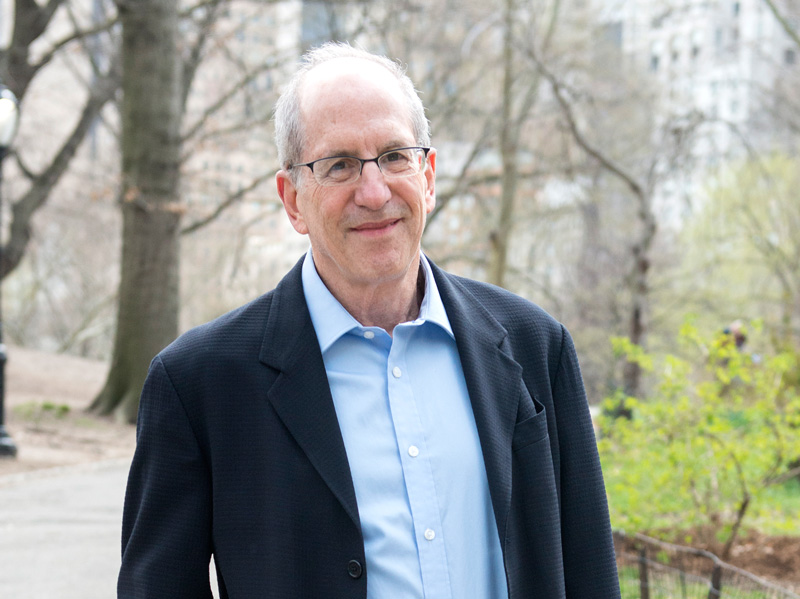

How I Got Here
I don’t know if I would have found my way to journalism if I hadn’t been a witness to a murder. I’d been a high school English teacher, and I’d decided to take time off to try my hand at writing. Fiction was my first love. I was scratching out short stories, but when I thought about subjects that demanded to be told, the one that cried out was that shotgun murder in Sacramento.
I wasn’t there the afternoon it happened. But I was with the killer and the victim the night before, and I’d always thought what I’d observed might help explain the perpetrator’s motive.
It wasn’t until I started investigating several years later that I confirmed I was right. The shooter had mounted an insanity defense and had been committed to a psychiatric facility. As I dug into the court filings, I learned that he was about to be released. I contacted him, and began working on what I thought would be a book about both this case and the insanity defense, which had been all but eliminated by changes in the law after John Hinckley was found not guilty by reason of insanity for shooting President Ronald Reagan.
I didn’t write that book. I read the police file and all the court documents. I interviewed the shooter and people who knew him and his victim. I was about to interview the parents of the killer, but he began voicing apprehension. I could see that this project was proving very stressful for him, and I finally decided that I couldn’t in good conscience continue. I wasn’t sure what his long-term prognosis was, but I didn’t want to be responsible for sending him into another tailspin that could have endangered his life and the lives of others.
I was disappointed, of course, but during the months I’d worked on the book, I’d been fascinated by the process of investigating a story. I found I loved interviewing people and digging beneath the surface. The biggest surprise was how little I knew about the law, and how much I enjoyed learning about it.
Looking back, I can see that it was this experience that hooked me on both journalism and the law. They have guided my career choices, and my life, ever since.
Soon after abandoning the book project, I began freelancing for a weekly newspaper. This, in turn, inspired me to pursue a master’s in journalism. After I earned my degree, I wrote for a variety of newspapers and magazines, often on legal issues. When I began looking for a job that would give me a chance to cover the legal beat exclusively, I applied at the company that invented this niche: American Lawyer Media.
I started as a senior reporter at The National Law Journal. After four years I moved to another ALM publication, Corporate Counsel magazine, where I worked my way up to executive editor. After 16 years at ALM, I founded CyberInsecurity News, which has since merged with TAG Infosphere—a research and advisory firm that covers cybersecurity, climate science, and artificial intelligence.
Along the way, I have also managed to write two books. So that first failed effort has been more than rewarded. I probably owe it everything. Had I not thrown myself into my first book project with so much enthusiasm, and so little preparation, I don’t know that I would have found this calling at all.
